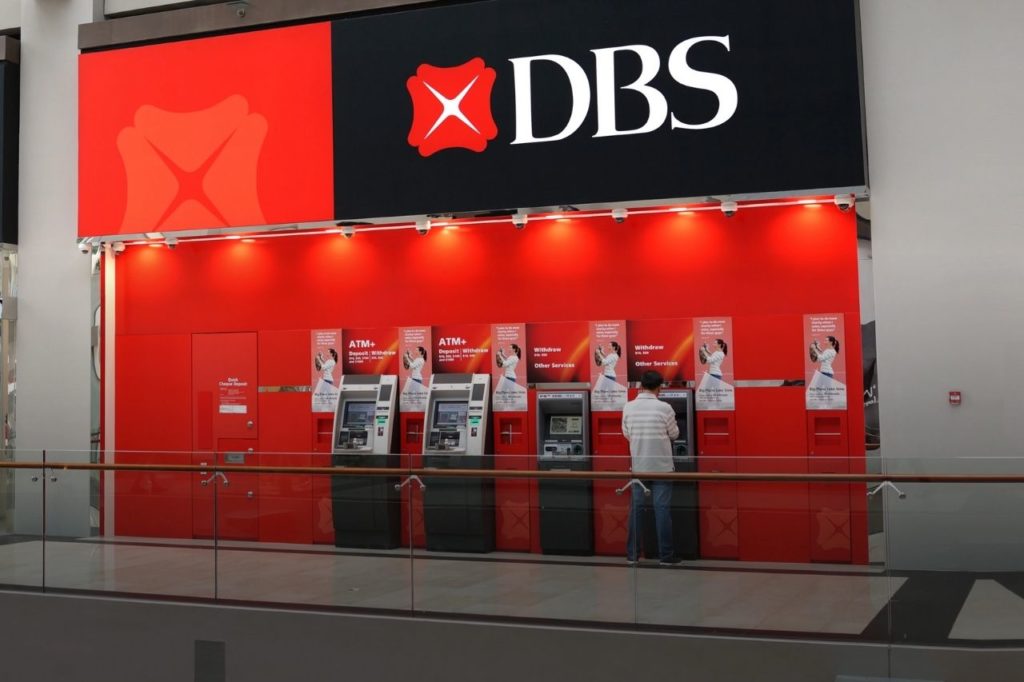on the crypto

How will the crypto sector change?
Unlike PayPal (PayPal shares with ticker: PYPL), which mainly offers payments and small consumer loans, DBS is a bank that takes insured deposits from clients and makes large loans to both private individuals and institutional clients.
While both are systemically important in different ways, after the 2009 Lehman Brothers debacle, deposit-taking and institutional lending activities require a much stricter set of rules. In practice, it's no longer just about anti-money laundering compliance or token-friendly interpretations of securities laws. This is a wide range of risk management requirements and controls that crypto companies currently do not face.
Regulators keep pace with banks
Where banks go, regulators follow and carry with them the entire mountain of compliance and risk management requirements. Hence, when banks start offering crypto services, not only will banks be asked to apply all banking regulations to crypto services, but crypto businesses will also be increasingly required to apply banking regulations. Now there is only one way this story can end.
Over the next five years, most crypto companies will become banks and banks will become crypto companies. There will be no fiat industry and no crypto industry. There will be only one banking, payment and capital market system that will serve both fiat and cryptocurrencies.
What does it mean for crypto
Four things: First, for consumers it means less risk and better standards of asset protection and consumer protection. Secondly, it means much lower profitability in cryptocurrencies and having a smaller supply of resources, but of higher quality.
Third, the returns and venture capital cycles in cryptocurrencies will align with the long eight-year venture cycle in the rest of fintech. Fourth and last, if everyone is a bank and there are far fewer assets to trade at far higher costs, all but bank executives will earn far less and those who lose today will lose far less.
Cryptocurrencies: is the party over?
No, but it's about to get a lot bigger and less fun. In this vision of the future, the banks have won. Cryptocurrency supporters may think they have conquered Wall Street, and maybe for a while it really has, but then the opposite will happen.
Banks will occupy more and more Crypto Street. Cryptocurrency companies such as Coinbase, Kraken and Binance, which appear to be taking active steps to anticipate this convergence and secure banking payments and licenses, will win big and those that don't will find it rather difficult to survive as independent companies beyond 2025.
